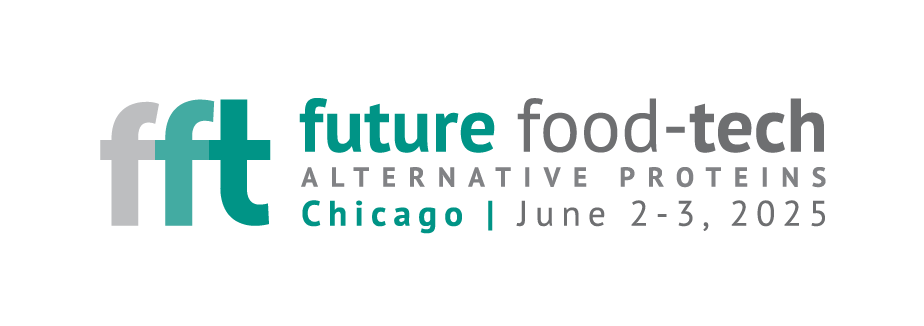We spoke with Arvind Gupta, Partner at Mayfield ahead of his speaking role at Future Food-Tech Alternative Proteins about what’s currently missing in the sector and how the fermentation and plant-based technology sectors will evolve and combine with each other.
Arvind Gupta co-leads Mayfield’s Engineering Biology practice whose mission is to invest in science based companies that could change history. Ranging from reinventing our food system to stopping climate change to novel therapeutics, Arvind was the first investor in breakout companies such as Geltor, Synthex, Prime Roots, NotCo, Prellis, New Culture, DNA Lite, Catalog, Prellis and Memphis Meats.
How will fermentation and plant-based tech sectors evolve and combine with each other?
Fermentation is a process very suited to the production of specialty ingredients that are not found in large volumes naturally. Flavors, fragrances and textures can all be optimized through fermented products. Plant-based products have the advantages of scale – their ingredients are abundant and relatively inexpensive. But, taste and texture have been a major limitation in the adoption of plant-based foods. Now, as fermentation is improving its yields, they can combine the products of fermentation with plant proteins to yield better tasting products that are healthier for the consumer. Soon, I am sure we will see cell-based foods being mixed in as an ingredient as well. These hybrid products will be the status quo until technology creates a new scaling technology for cell-based foods.
Will cell-based meat become commercially viable in the next 3-5 years?
Yes, but it depends on what you mean by commercially viable. There are many ways to go to market with low volume production. But the transformative promise of cell-based meats and alternative proteins will not be met until production falls to a lower point on the cost curve where the majority of people will be able to afford it.
What barriers do we need to overcome or remove to achieve this?
I am a fan of history. I see the alternative protein space very much like the automotive industry prior to the Model T, the world’s first mass produced car. Prior to the Model T, there were hundreds of car brands all doing the same thing, building each car by hand. Then Ford came along and invented the assembly line which just blew up the scale of production so much that not only did they become the dominant car brand but also enabled the shift from horses to cars in general. The lack of imagination and innovation around the scaling and mass-production problem is the biggest barrier and threat to our fledgling industry.
What’s missing in the landscape right now?
A reliable and widely reproducible methodology or technology of food production that creates perfect substitutes for all proteins at a lower cost than animals. What I mean by this is a methodology or technology for becoming the low cost provider in the space.
Which nutrition positive alternative protein start-ups are you excited by or would like to see more of?
Honestly I am not seeing many start-ups focusing on health and nutrition with the alternative protein innovation ecosystem. Most are still adding lots of salt, fat or sugar to win at taste. In the long run this creates a natural ceiling to adoption since most people don’t want to kill themselves to save the planet. The spectre of processed foods still haunts the sector.
What consolidation are we going to see in the space?
The hyper-fragmentation of the industry is incredible right now. This is what the birth of a new industry looks like. This phase of industry creation is always followed by market collapse and consolidation by companies with a true competitive advantage. The difference is this time the incumbents like Nestle, Kraft and others are not going to lead the consolidation but be bypassed by it – unless they innovate new production methods. Companies that have figured out product-market fit coupled with a scalable production method will lead the new consolidation and will be unlikely to sell to incumbents. It has been that way throughout history and I suspect it will be again.

Arvind Gupta will be chairing the interactive panel discussion ‘Are Alternative Proteins the Silver Bullet We Are Looking For?’ at the upcoming Future Food-Tech Alternative Proteins summit June 22-23 and will be joined by:
Speakers:
Max Rye, Chief Strategist, TURTLETREE
Hadar Sutovsky, VP External Innovation, ICL
Caroline Sorlin, Plant Based Acceleration Unit General Manager, BEL GROUP
Eugene Wang, Co-Founder & CEO, SOPHIE’S BIONUTRIENTS

 CLOSE
CLOSE







